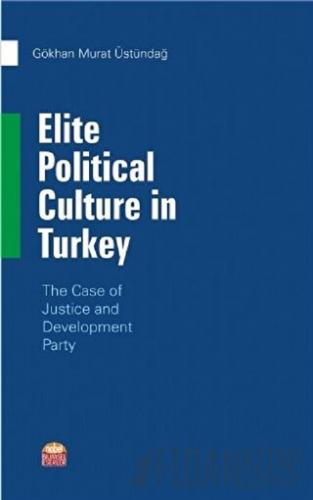
Even though there is large literature on mass political culture, indeed, there is so limited number of works on elite political culture. To my knowledge, there is no scholarly work examining Turkish elite political culture after the 1990s. In this regard, main purpose of this research is to fill this gap by shedding a new light on basic aspects of elite political culture in Turkey. In order to explore the basic aspects of elite political culture in Turkey, the ideology of conservatism which is argued to be “dominant” ideology in Turkey was used in this study. In this regard; the Justice and Development Party elite was taken as case study and the records of Grand National Assembly between 2002 and 2016 were analyzed by applying critical discourse analysis based on interpretivist epistemology. As such in this study, the basic aspects of elite political culture, and concomitantly basic principles of Turkish conservatism were examined in a systematic way.
Even though there is large literature on mass political culture, indeed, there is so limited number of works on elite political culture. To my knowledge, there is no scholarly work examining Turkish elite political culture after the 1990s. In this regard, main purpose of this research is to fill this gap by shedding a new light on basic aspects of elite political culture in Turkey. In order to explore the basic aspects of elite political culture in Turkey, the ideology of conservatism which is argued to be “dominant” ideology in Turkey was used in this study. In this regard; the Justice and Development Party elite was taken as case study and the records of Grand National Assembly between 2002 and 2016 were analyzed by applying critical discourse analysis based on interpretivist epistemology. As such in this study, the basic aspects of elite political culture, and concomitantly basic principles of Turkish conservatism were examined in a systematic way.










